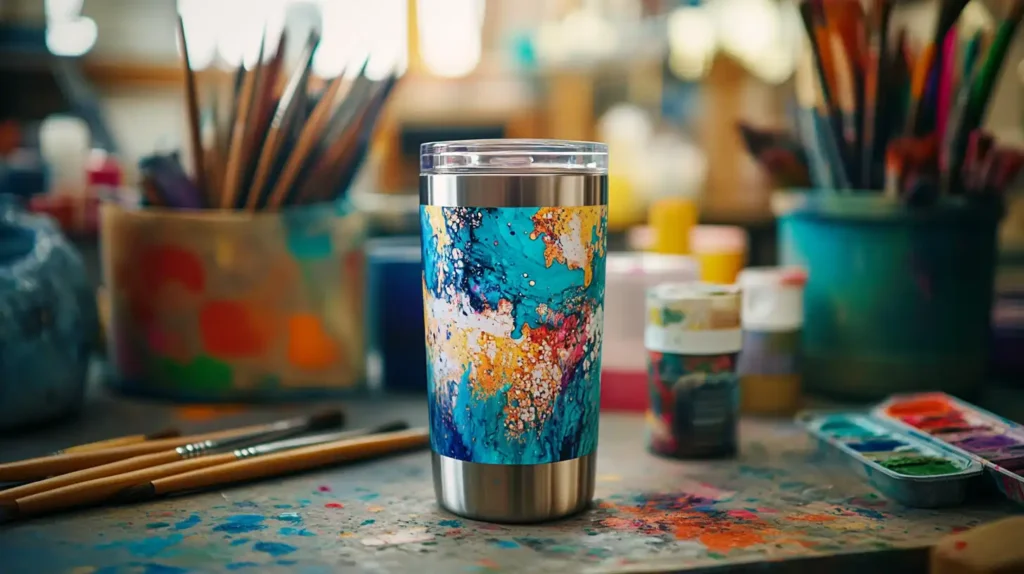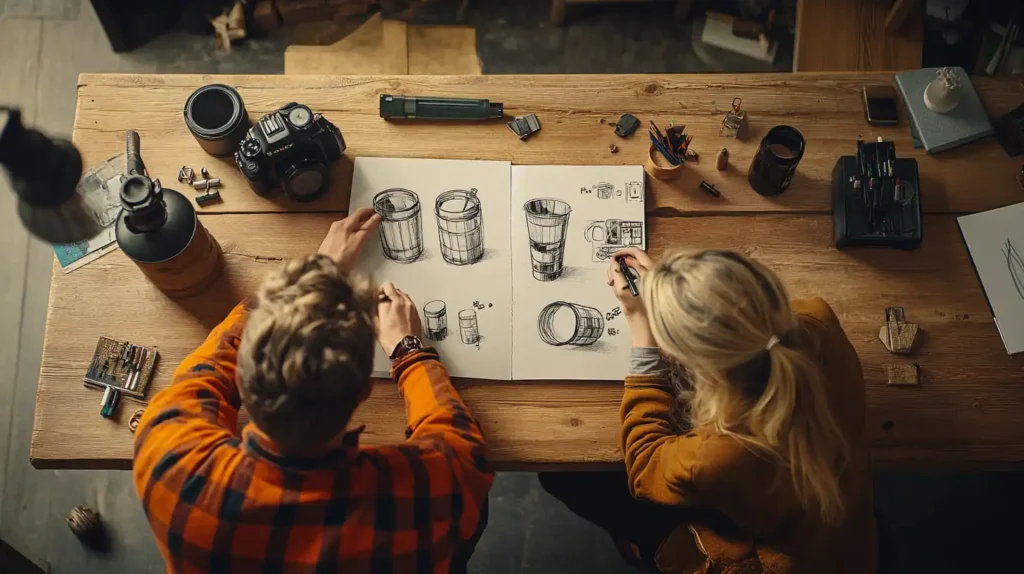Stainless steel water bottles have become a staple for many health-conscious and environmentally-aware individuals. Known for their durability and safety, these bottles are often preferred over plastic and glass alternatives. Sin embargo, Surge una pregunta común: Can you put lemon in stainless steel water bottles? Let’s dive into this topic and explore the benefits, potential concerns, and best practices.
Tabla de contenido
Benefits of Using Lemon in Water
Lemon water is praised for its numerous health benefits. It’s refreshing, hydrating, and packed with vitamin C and antioxidants. Here are some key advantages:
- Boosts Immune System: The high vitamin C content in lemons can help strengthen your immune system.
- Aids Digestion: Lemon water can promote healthy digestion by loosening toxins in your digestive tract.
- Enhances Hydration: The slight flavoring of lemon encourages increased water consumption, aiding in overall hydration.
- Supports Skin Health: Antioxidants in lemons can help reduce blemishes and maintain a clear complexion.
Stainless Steel and Lemon: Compatibility
Durability and Safety
Stainless steel water bottles are made from food-grade materials, típicamente 18/8 acero inoxidable, which is resistant to corrosion and does not leach chemicals. This makes them an excellent choice for acidic beverages like lemon water.
Non-Reactive Nature
Stainless steel is non-reactive, meaning it does not react with acidic substances. Unlike materials such as aluminum, stainless steel will not break down or release harmful substances when in contact with lemon juice. This ensures that your lemon water remains safe to drink and free from metallic tastes.
Potential Concerns
While stainless steel is generally safe for acidic beverages, there are a few considerations to keep in mind:
- Quality of the Bottle: Ensure your water bottle is made from high-quality, acero inoxidable apto para uso alimentario. Lower quality materials might not offer the same resistance to corrosion.
- Seals and Gaskets: The seals and gaskets on the bottle’s lid should also be made from high-quality, non-reactive materials to prevent any potential leaching or deterioration.
- Limpieza: Regular cleaning is essential to prevent any residue buildup. While stainless steel bottles are less likely to harbor bacteria compared to plastic, it’s still important to wash them thoroughly, especially if you frequently use them for lemon water.
Best Practices for Using Lemon in Stainless Steel Bottles
To maximize the benefits and longevity of your stainless steel water bottle, follow these best practices:
- Choose High-Quality Bottles: Invest in a reputable brand known for its high-quality, food-grade stainless steel water bottles.
- Limpieza regular: Clean your bottle daily with warm soapy water. For a deeper clean, use a mixture of baking soda and water or vinegar and water.
- Avoid Prolonged Storage: While it’s fine to carry lemon water in your stainless steel bottle throughout the day, avoid storing it for extended periods (e.g., several days) to prevent any potential impact on the bottle’s materials.
- Inspect Regularly: Check the bottle and its components regularly for any signs of wear and tear, especially the seals and gaskets.
Conclusión
In conclusion, you can safely put lemon in stainless steel water bottles. The non-reactive nature of high-quality stainless steel ensures that your lemon water remains safe and free from unwanted tastes. By following proper care and maintenance practices, you can enjoy the health benefits of lemon water while ensuring the longevity of your stainless steel bottle.




